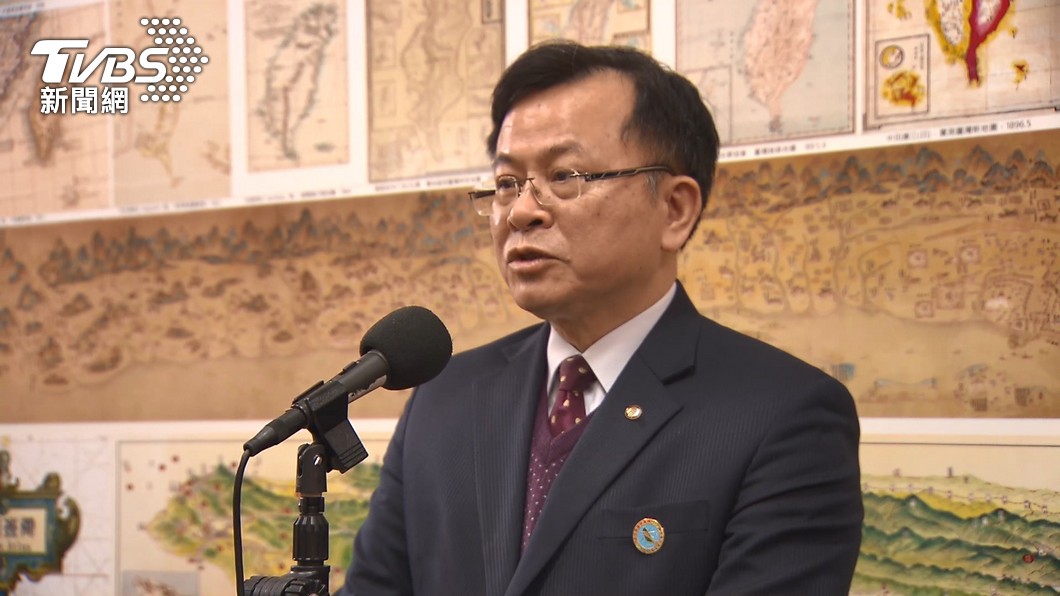TAIPEI (TVBS News) —Chairman Chen Yaw-shyang (陳耀祥) of the National Communications Commission (NCC) on Mon. (June 3) addressed concerns over the use of mobile tracking and data analysis in infringing on citizens' rights.
Speaking at a Transportation Committee meeting in the Legislative Yuan, Chen highlighted the widespread application of data analysis in various activities, including protests and marketing campaigns, underlining the distinction between personal data and anonymized data.
The issue of data privacy was thrust into the spotlight last week when Wang Yi-chuan (王義川), the executive director of the Democratic Progressive Party (DPP) policy committee, suggested that mobile signal positioning could analyze crowd ages, sparking a debate on state surveillance led by the Kuomintang (KMT).
Clarifying Data Use and Privacy
Chen elaborated that the Personal Data Protection Act safeguards identifiable personal information, such as names and birthdays. However, once this information is anonymized, it becomes "data," which is commonly analyzed in various contexts without infringing on privacy. This clarification comes amid concerns over the potential misuse of mobile tracking data in political and commercial activities.
Furthermore, the NCC's report disclosed that the three major mobile operators had not been approached by any private companies, government bodies, or individuals affiliated with any political party for information related to the "Bluebird Movement." Chunghwa Telecom president Harrison Kuo (郭水義) also confirmed that his company had not provided crowd analysis data to any party.
Addressing Misinformation and Regulatory Actions
The issue of data use and privacy has also raised questions about the dissemination of false information. Chen urged Wang Yi-chuan to provide a clear explanation of his statements regarding mobile signal positioning. He warned that if Wang's claims were found to be factually inaccurate, relevant regulations would be enforced.
As the debate over mobile tracking and data analysis continues, the NCC's stance highlights the balance between leveraging technology for public activities and safeguarding citizens' privacy rights. The call for clarity and adherence to factual information serves as a reminder of the ongoing challenges in navigating the complexities of digital privacy and misinformation.



